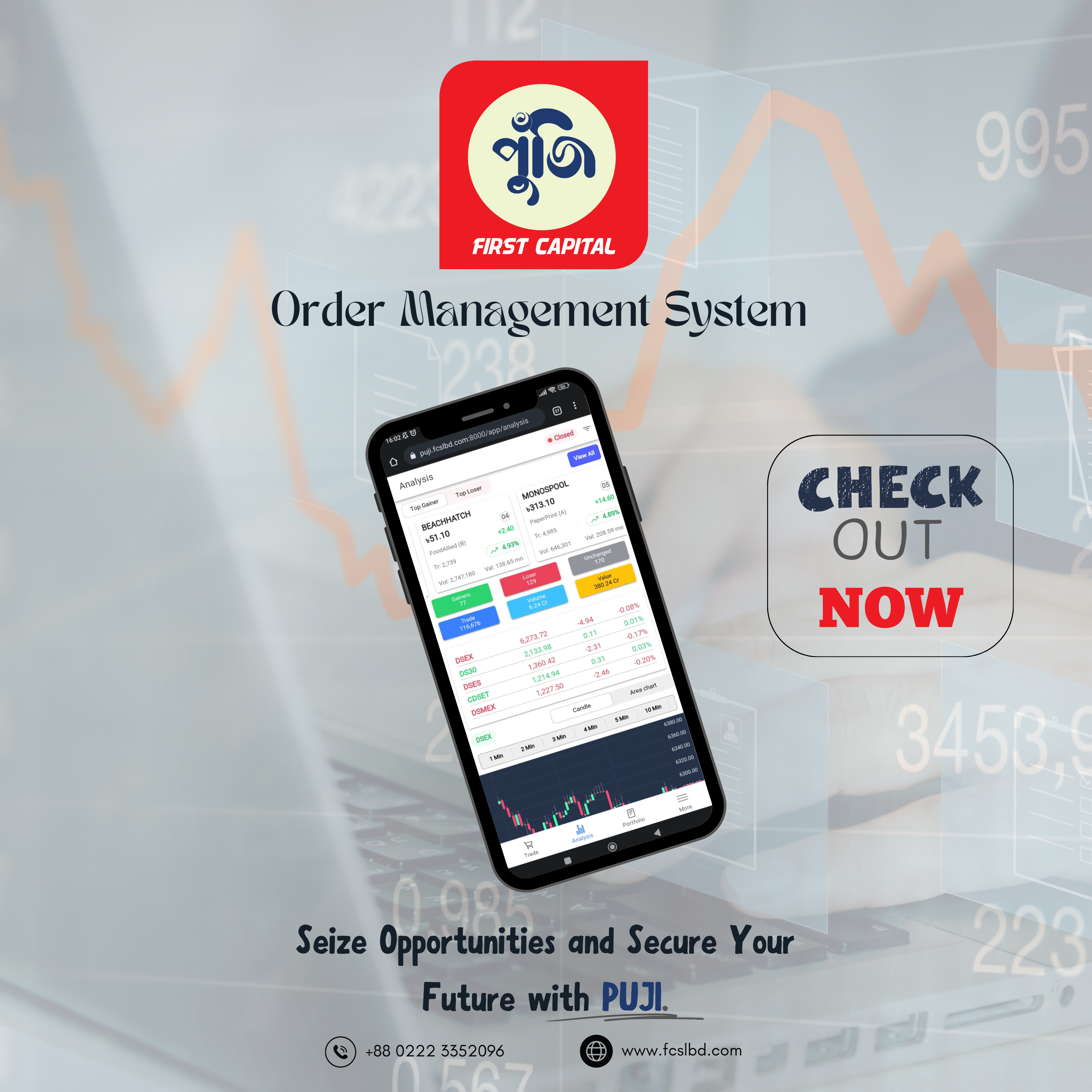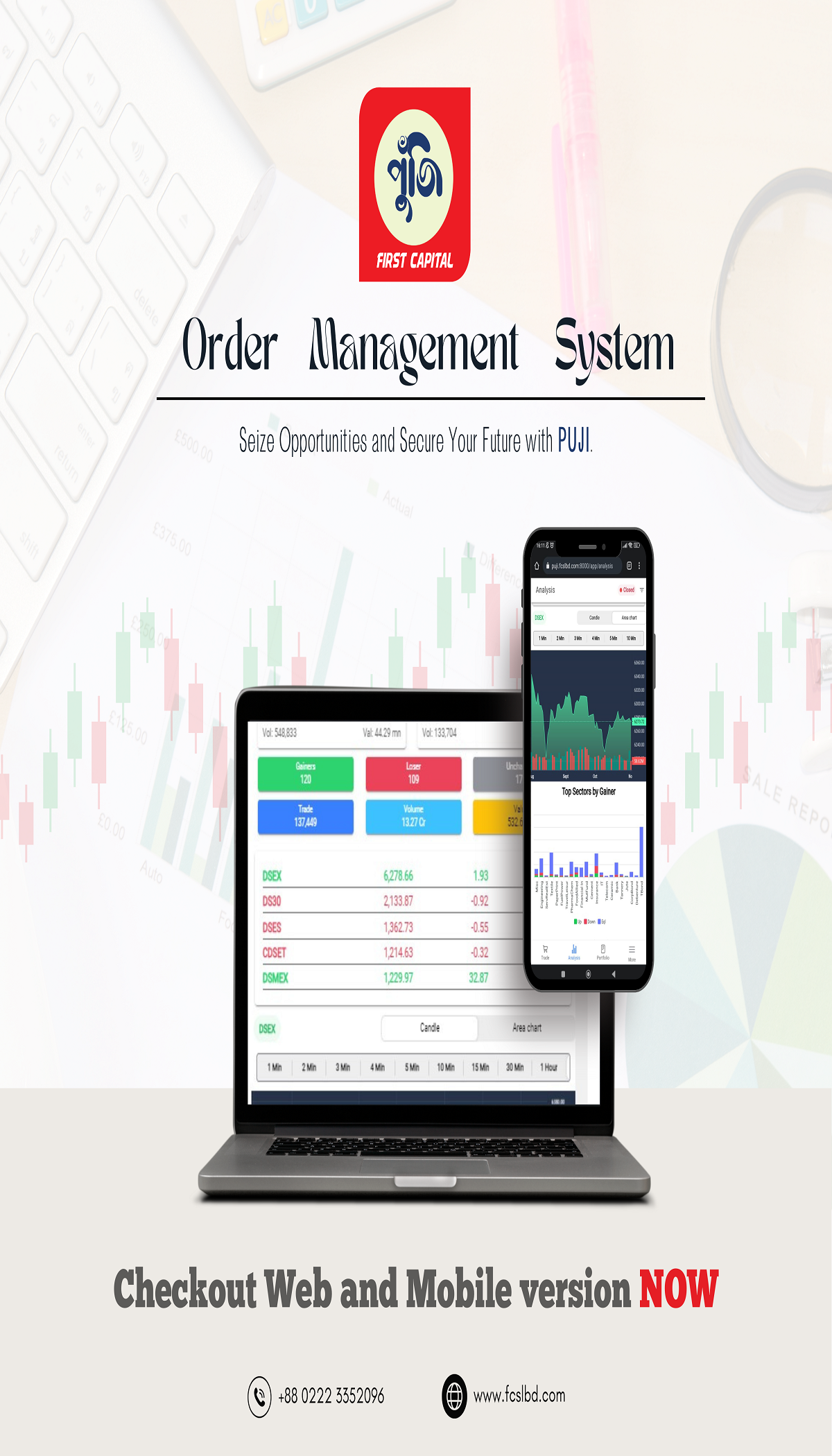The Bangladesh Securities and Exchange Commission (BSEC) is amending rules to allow insiders, who have access to non-public, price-sensitive information, to trade shares until two days before the end of the financial year of a firm, instead of the current two months.
Market stakeholders and experts fear the proposed amendment will benefit insiders, potentially leading to an increase in market manipulation. Because, they said, two days before year-end, the financial position and the dividend are decided.
However, there is little opportunity to know the financial condition of the company or fund and what the dividend will be two months before the end of the year, they added.
Faruq Ahmed Siddiqi, former chairman of the BSEC, told The Business Standard, “I don’t understand why there is a sudden need to amend the law. The BSEC must clarify this matter in the interest of stock market investors.”
He believes that the implementation of the rules will be against the interests of general investors.
The commission has meanwhile published the draft of the amended Prohibition of Insider Trading Rules 2022 on its website, asking stakeholders to submit their views by 14 December.
In the draft, the BSEC stated that an insider of a company or a fund cannot buy or sell shares or units of the respective company or fund for two working days before the year-ending date until the approval and publication of the financial statements for that year.
According to commission sources, if there is no objection in public opinion, it will implement the amendment.
Currently, insiders cannot buy or sell shares or units within two months prior to the year-ending date. BSEC prohibits insider trading mainly to prevent share manipulation.
‘I don’t understand why there is a sudden need to amend the law. The BSEC must clarify this matter in the interest of stock market investors.’
Additionally, this embargo is in place to prevent individuals and organisations associated with the company, who have the opportunity to access price-sensitive information before disclosure, from taking any unethical advantage.
Stock market expert Professor Abu Ahmed said, “Companies listed on the stock market do not have good governance, resulting in insider trading in the capital market. Unable to stop it, the commission has now increased the privileges of company or fund insiders.”
“If this initiative of the commission is implemented, insiders of the company may collaborate with market manipulators to manipulate shares, and there will be no effective way to prevent it,” he warned.
BSEC Chairman Professor Shibli Rubayat-Ul-Islam, however, defended the move to amend the rule.
“At present, sponsor-directors of the listed companies own over 50% of shares on average. But owing to such a restriction, they cannot trade shares for around six months. As a result, their holdings are not traded, leading to lower market activity. We are amending the rule with the aim of increasing market turnover,” he told TBS.
When asked about any risk of manipulation through insider trading, he said, “We don’t think there will be something like this.”
Who are insiders?
Insiders, as defined by the Securities and Exchange Commission (Prohibition of Insider Trading) Rules, 2022, encompass individuals, institutions, and associated entities who have access to undisclosed price-sensitive information about a listed company or fund before its public disclosure.
This category includes company sponsors, directors, substantial shareholders, officers, and employees, along with their relatives, bankers, auditors, asset valuers, and credit rating firms.
Additionally, all market intermediaries, such as stock dealers, brokers, market makers, issue managers, portfolio managers, and their directors, sponsors, officers, and related individuals, are considered insiders.
The definition extends to the regulatory authority of the listed company or firm, those with legal rights to receive price-sensitive information, the Central Depository of Bangladesh, and the officers and employees working in these institutions and their relatives.
source: tbsnews.net
share trading rules BSEC




